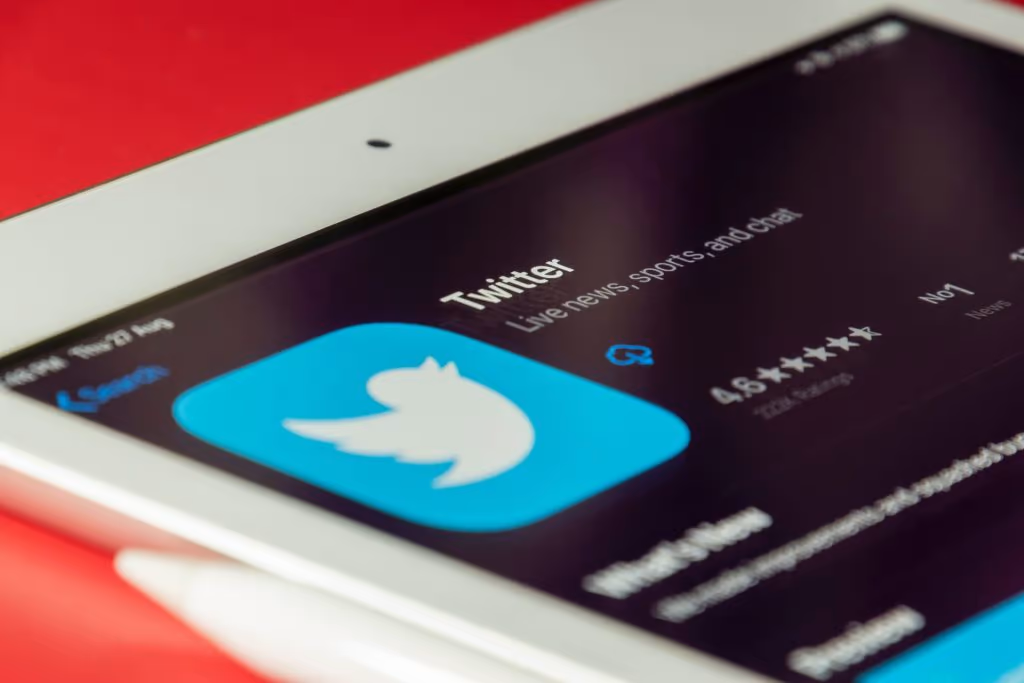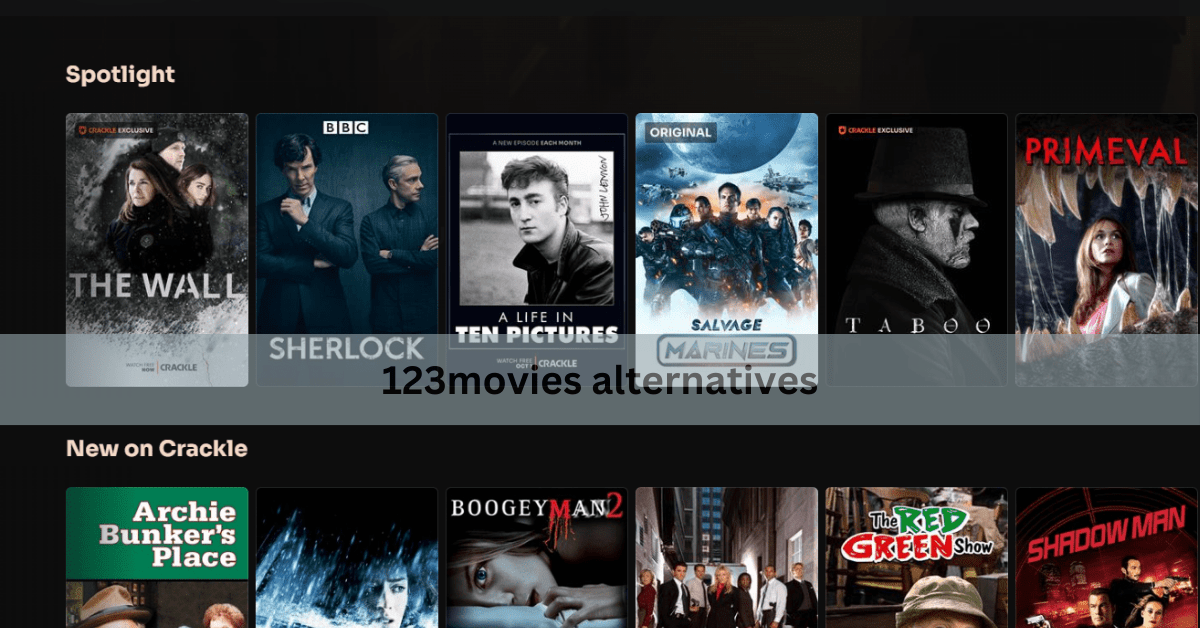Social media and texting have created new abbreviations, slang, and terms that help people communicate quickly. One such term that is often used in online conversations is “GMFU.”
In this article, we will break down the meaning of GMFU, how it is used, and its origin. This guide will help you understand GMFU and how to use it properly in your conversations.
The Meaning of GMFU:

GMFU stands for “Got Me F**ked Up.” It is a slang phrase that is commonly used to express anger, frustration, or confusion about a situation. People use GMFU when they feel something or someone has wronged them or when they can’t believe what’s happening. The phrase is often seen in text messages, social media posts, or online chats.
Breaking Down the Phrase:
- Got Me: This part of the phrase refers to the speaker. They are saying that whatever happened is affecting them personally.
- Fked Up**: This part is used to describe the situation as something extremely wrong or messed up. It’s a strong expression of dissatisfaction or frustration.
Together, “Got Me F**ked Up” means that the speaker feels upset or confused by something that happened.
When to Use GMFU:
GMFU is usually used in informal conversations, especially with friends or peers. It’s a way to express that something has gone terribly wrong, either in a funny or serious way. Here are some examples of situations where GMFU might be used:
- When someone makes an unfair decision that impacts you.
- When a person does something that annoys or surprises you.
- When an event or action leaves you shocked or frustrated.
What Does GMFU Mean?
GMFU stands for “Got Me F*ed Up.**” It is a slang expression that people use to convey feelings of confusion, frustration, or disbelief. This term is popular in informal conversations, especially in texting and on social media. It captures the emotional impact of unexpected situations or comments.
Also read: SteriFecos – A Comprehensive Overview!
How is GMFU Used in Conversations?
1. Showing Frustration
One of the most common uses of GMFU is to express frustration. When someone faces a challenging or stressful situation, they might use this phrase to vent their feelings.
Example:
“I just found out I have a huge project due tomorrow, and I haven’t even started. GMFU!”
In this context, GMFU highlights how overwhelmed the speaker feels due to the sudden pressure.
2. Expressing Shock or Disbelief
GMFU is also used when someone is shocked or cannot believe what they just heard or saw. It reflects a sense of surprise that can be both negative and positive.
Example:
“Did you hear that the concert was canceled last minute? GMFU!”
In this case, the speaker feels astonished by the unexpected cancellation, emphasizing their disbelief.
3. Feeling Offended or Hurt
When someone feels insulted or hurt by another person’s words or actions, they might use GMFU to express their feelings of offense. It can serve as a way to communicate that the comment was unexpected and hurtful.
Example:
“I can’t believe she talked about me behind my back. GMFU!”
This usage shows that the speaker feels betrayed and is reacting to the hurtful behavior of someone they trusted.
4. Highlighting Misunderstandings
Sometimes, GMFU is used to describe situations where there is a misunderstanding or miscommunication between people. It helps convey the frustration of not being understood correctly.
Example:
“I thought we were meeting at 3 PM, but she said 5 PM. GMFU!”
Here, the speaker is expressing frustration over a simple misunderstanding that led to confusion.
The Origins of GMFU:

Like many slang terms, GMFU likely originated from internet culture and text messaging. Social media platforms like Twitter, Instagram, and TikTok helped popularize the phrase as users began using it to express their frustrations or shock in a concise, relatable way.
Slang in Internet Culture:
The internet has always been a hub for creating new slang. From abbreviations like LOL (Laughing Out Loud) to terms like SMH (Shaking My Head), online platforms encourage quick, easy communication. GMFU fits into this pattern because it shortens a longer phrase and makes it easier to express feelings instantly.
Evolution of GMFU:
While it’s hard to pinpoint exactly when GMFU started being used, it has been around for several years, especially in online and texting communities. Over time, it has become more popular and is now commonly understood by many people, particularly younger generations.
The Popularity of GMFU on Social Media:
GMFU became more widely known through platforms like Twitter, where users often share their thoughts and feelings in short messages. The hashtag #GMFU has been used thousands of times, and it is often paired with memes or funny images to express a relatable experience.
GMFU in Memes:
One of the reasons GMFU has gained so much traction is because of its use in memes. Memes are a popular form of communication on the internet, combining images and text to create funny, relatable content. When people encounter frustrating or confusing situations, they often use the term GMFU along with a meme to share their feelings with a wider audience.
Also read: BrandRepUSA Howard Borsa – Everything You Need to Know!
GMFU on TikTok:
TikTok, a video-sharing app, is another place where GMFU is commonly used. TikTok creators often make videos about frustrating or unexpected events, and many of these videos feature the phrase GMFU in the caption or as part of the dialogue. This has helped the term reach an even larger audience.
Similar Terms to GMFU:
There are other slang terms and abbreviations that are similar to GMFU, used to express anger, frustration, or disbelief. Here are some alternatives that you might encounter in online conversations:
WTF (What the F**k):
WTF is a common abbreviation that is used to express shock or confusion. It is similar to GMFU, but it is more widely recognized and can be used in a variety of situations.
- Example: “WTF just happened? That was so weird!”
SMH (Shaking My Head):
SMH is often used to show disappointment or disbelief. It’s not as intense as GMFU, but it still conveys that something is wrong or frustrating.
- Example: “He didn’t show up to the meeting again. SMH, that’s so unprofessional.”
FML (F**k My Life):
FML is used when someone feels like everything is going wrong in their life. It is often used in a self-deprecating or humorous way, similar to GMFU.
- Example: “I just spilled coffee all over my new shirt. FML!”
Here’s a polished and comprehensive answer on how to use GMFU responsibly:
The Popularity of GMFU on Social Media Platforms:

GMFU, which stands for “Got Me F*ed Up**,” has gained significant traction on social media in recent years. Its rise in popularity can be attributed to various factors that resonate with users across different platforms. Here’s an exploration of why GMFU has become a favored expression in online conversations.
1. Relatable Expression of Emotion
One of the key reasons for the popularity of GMFU is its ability to succinctly express feelings of frustration, confusion, or disbelief. In the fast-paced world of social media, users often seek quick ways to convey their emotions. GMFU allows individuals to articulate their reactions to unexpected events or disappointing situations effectively.
Example:
A user might tweet, “I can’t believe they canceled my favorite show! GMFU!” This immediate expression of frustration resonates with many who share similar sentiments.
2. Informal and Casual Communication
Social media thrives on informal communication styles. GMFU fits perfectly into this casual environment, where slang and abbreviations are commonly used. The relaxed nature of platforms like Twitter, Instagram, and TikTok encourages users to adopt and share expressions like GMFU as a way to connect with their audience.
3. Trend Culture and Memes
The rise of meme culture has played a significant role in the popularity of GMFU. Users often incorporate the term into memes and humorous content, making it more shareable and recognizable. Memes that feature GMFU can quickly go viral, further cementing its place in online conversations.
Example:
A meme depicting a surprised character with the caption “When you realize your exam is today… GMFU!” can capture attention and evoke laughter, making it more likely to be shared and liked.
4. Authenticity and Relatability
In an era where users seek authenticity, expressions like GMFU resonate because they reflect genuine reactions. Social media users appreciate content that feels real and relatable. By using GMFU, individuals can express their frustrations in a way that others find familiar and understandable.
5. Influence of Social Media Personalities
Influencers and public figures often use slang in their posts and videos, which can significantly boost the popularity of terms like GMFU. When well-known personalities incorporate GMFU into their content, it reaches a wider audience and encourages others to adopt the term.
6. Accessibility Across Platforms
GMFU is versatile and can be used across various social media platforms, including Twitter, Instagram, TikTok, and Facebook. This broad usability makes it easy for users to engage with the term, whether through text, captions, or comments.
Also read:8663359404 – What You Need to Know!
FAQ’S
1. What does GMFU mean?
GMFU stands for “Got Me F**ked Up.” It is used to express frustration, shock, or disbelief about a situation.
2. Where did GMFU come from?
GMFU came from internet slang and texting culture. People started using it on social media to talk about frustrating or surprising events.
3. How do people use GMFU?
People use GMFU in informal conversations, especially with friends, to show that they feel upset or confused about something.
4. Is GMFU a bad word?
GMFU includes a strong word (the “F” word), so it can be seen as bad language. It’s best to use it with people who are okay with slang.
5. Can I use GMFU at work?
No, it is not appropriate to use GMFU in professional settings. It’s better for casual conversations with friends.
Conclusion
In summary, GMFU means “Got Me F**ked Up,” and it expresses frustration, shock, or disbelief in informal conversations. Its popularity in social media reflects how people quickly communicate their emotions in relatable ways.


